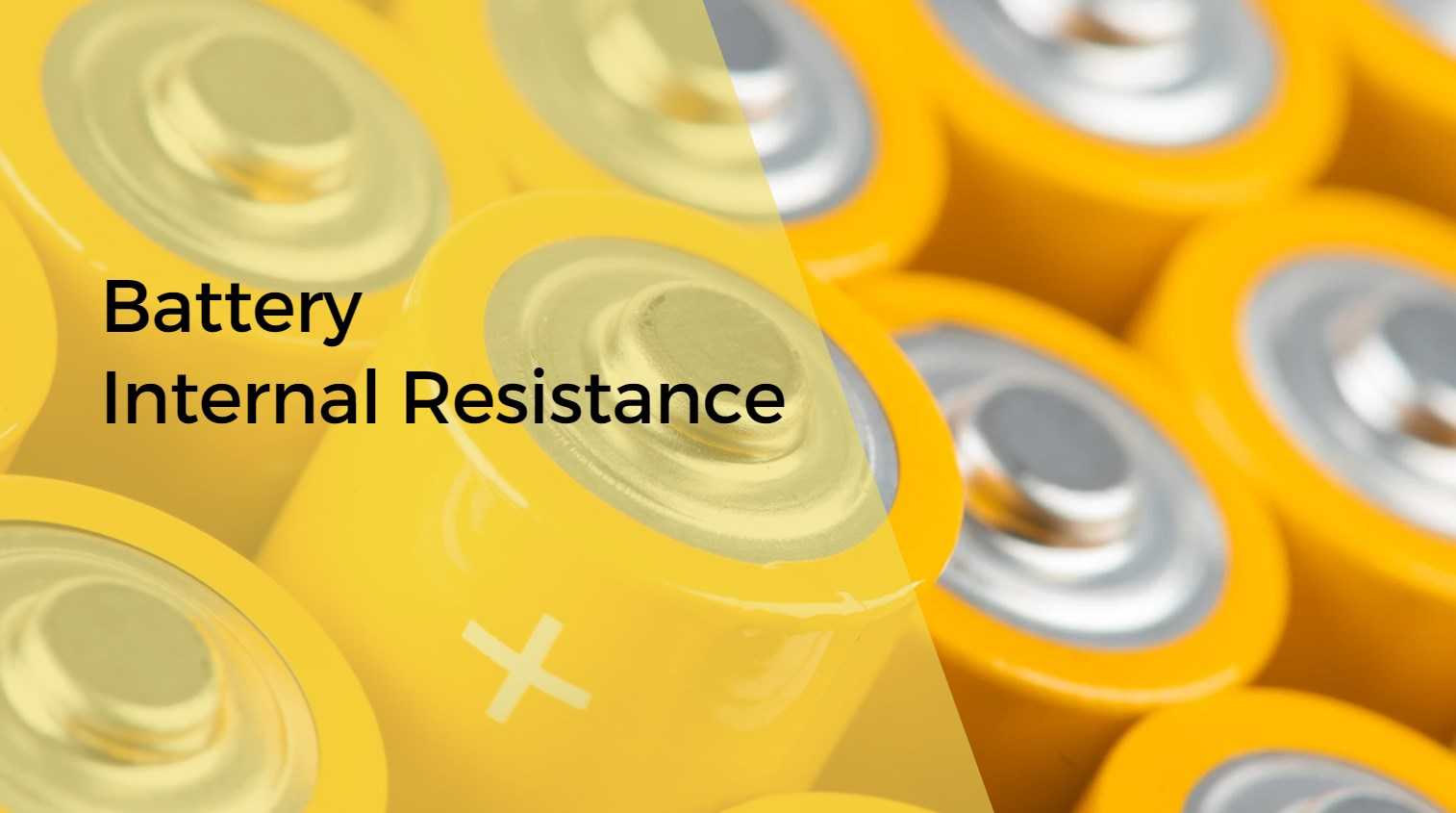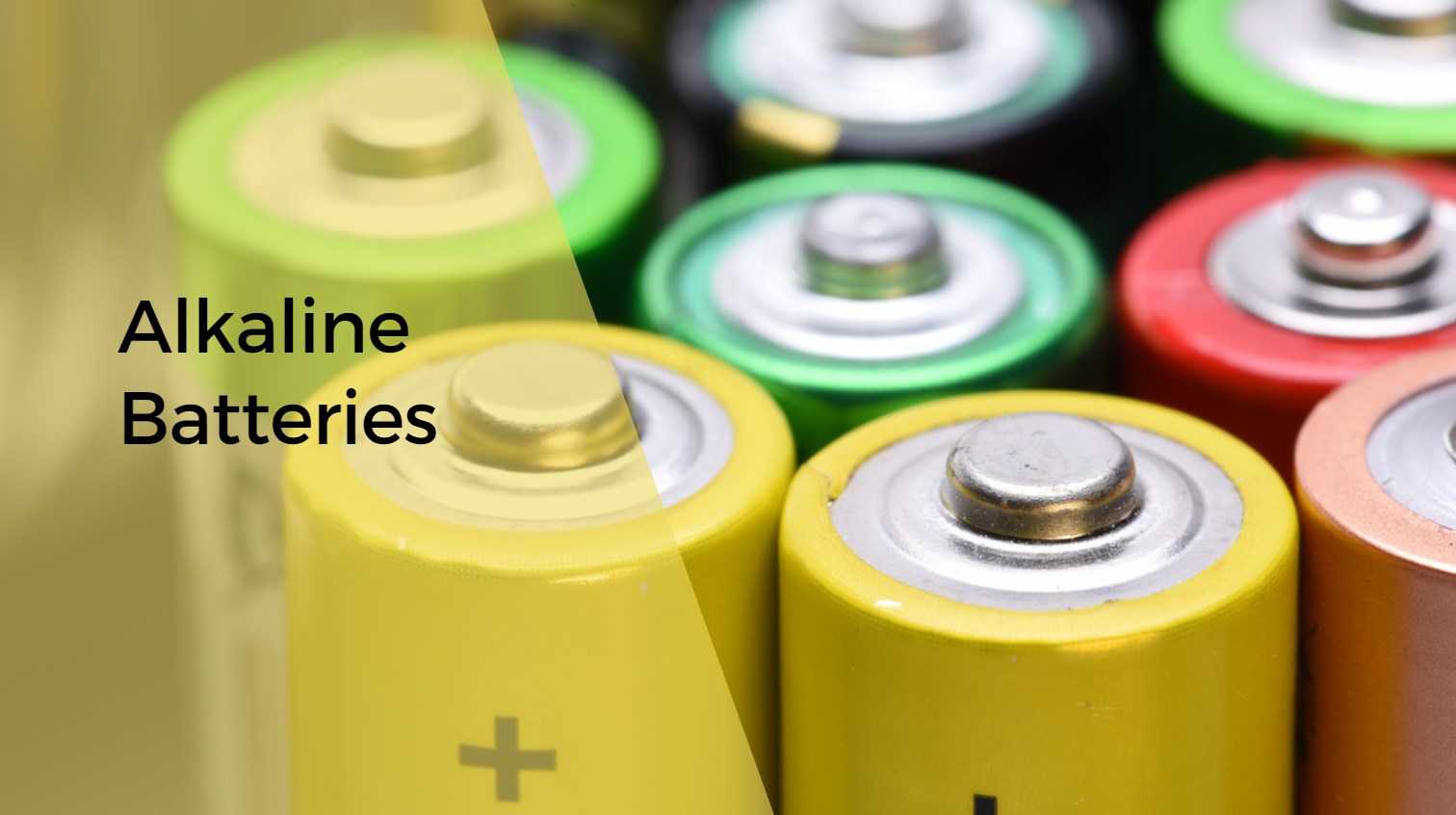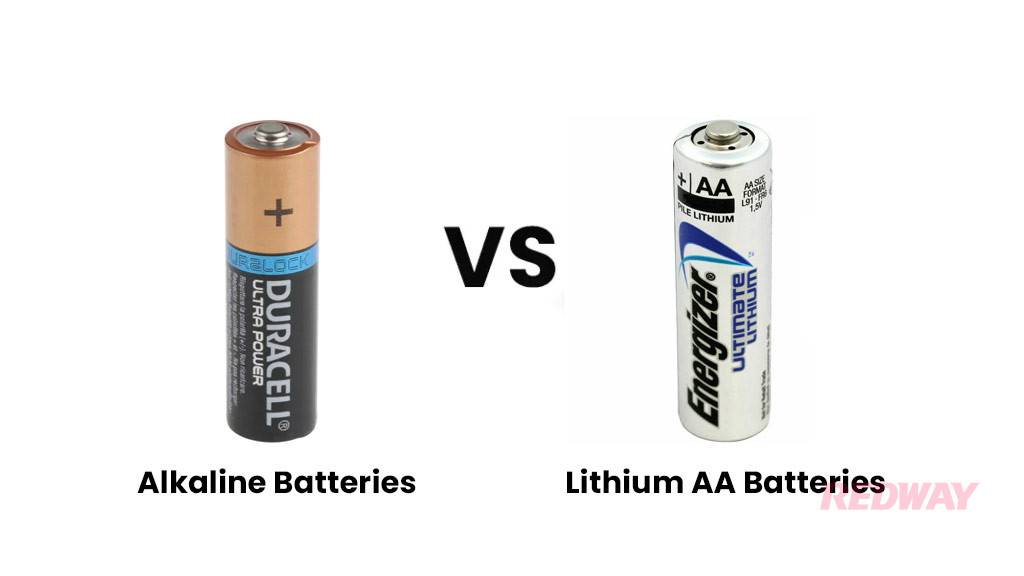In our tech-centric lives, the selection of AA batteries holds significant importance for powering an array of devices. This comprehensive guide aims to demystify the decision-making process by delving into the key distinctions between Alkaline and Lithium AA batteries.

What is Alkaline Battery?
An alkaline battery is a disposable power source utilizing manganese dioxide and zinc as primary components, renowned for its enduring and dependable performance. Widely favored across household devices and gadgets, the term ‘alkaline’ stems from its potassium hydroxide electrolyte, enabling sustained power output.

What is Lithium AA Battery?
A Lithium AA battery is a disposable power source utilizing lithium in its anode and cathode. It’s commonly used in electronics like digital cameras and flashlights. Known for its high energy density and long shelf life, Lithium AA batteries are lightweight and ideal for devices with high energy demands.

Alkaline vs Lithium AA Batteries Comparison
Alkaline batteries, like AA, are cheaper but have a shorter lifespan and voltage decline over time. Lithium AA batteries cost more upfront but last longer with consistent voltage output. They’re lighter and ideal for high-drain devices. Consider usage needs and budget for the best choice.
1.Types
- The type of alkaline batteries:
9 volts
AAA
AA
Coin shaped cell batteries - The type of lithium batteries:
14500 lithium battery
16650 lithium battery
18650 lithium battery
21700 lithium battery
26650 lithium battery
32650 lithium battery
2. Price
Alkaline batteries, crafted from disposable and affordable materials, come at a notably lower price compared to lithium batteries. While lithium batteries may carry an initial cost up to five times higher than alkaline counterparts, their extended lifespan of 8 to 10 cycles surpasses alkaline batteries. Crucially, lithium batteries maintain consistent voltage, outperforming alkaline batteries that experience a decline in voltage output over time. This longevity and sustained performance make lithium batteries more cost-effective per use, presenting a strategic investment for those valuing durability and prolonged battery life.
3. Chemistry and Composition
- Alkaline Batteries: Composed of manganese dioxide and zinc.
- Lithium AA Batteries: Feature lithium metal oxide. Understanding the chemical composition provides insights into the unique characteristics of each AA battery type.
4. Capacity and Runtime
- Alkaline Batteries: Suitable for low to moderate-drain devices with average capacity.
- Lithium AA Batteries: Ideal for high-drain devices, offering significantly higher capacity and prolonged runtime. Consider your device’s power requirements and usage patterns to determine the best fit.
5. Weight
- Alkaline Batteries: Heavier compared to lithium batteries.
- Lithium AA Batteries: Significantly lighter, making them ideal for portable devices. Weight considerations are crucial, especially for applications where portability is essential.
6. Internal Resistance
- Alkaline Batteries: Higher internal resistance.
- Lithium AA Batteries: Lower internal resistance, ensuring efficient energy transfer. Understanding internal resistance impacts the overall performance and efficiency of each AA battery type.

7. Shelf Life
- Alkaline Batteries: Limited shelf life.
- Lithium AA Batteries: Extended shelf life, maintaining consistent performance over time. Shelf life expectations are vital for users who may not use their devices frequently.
8. Recharging Capabilities
- Alkaline Batteries: Not rechargeable.
- Lithium AA Batteries: Rechargeable options available for extended use. Consider your preference for disposable or rechargeable batteries based on your environmental concerns and budget.
9. Consistent Output
- Both Batteries: Provide reliable power, but lithium AA batteries maintain a consistent voltage output throughout their life cycle. Understanding how consistent output affects device performance ensures optimal functionality.
10. Cost-Effectiveness
- Alkaline Batteries: Generally more cost-effective initially.
- Lithium AA Batteries: Higher upfront cost but cost-effective in the long run due to extended lifespan. Evaluate the long-term cost benefits to make an informed decision.
Conclusion
Choosing between Alkaline and Lithium AA batteries depends on your specific needs and preferences. If longevity and high-drain device use are priorities, lithium batteries may be the better option. For budget-conscious users with low to moderate-drain devices, alkaline batteries might suffice. Understanding these differences empowers users to make informed decisions, ensuring their devices receive the optimal power supply.





